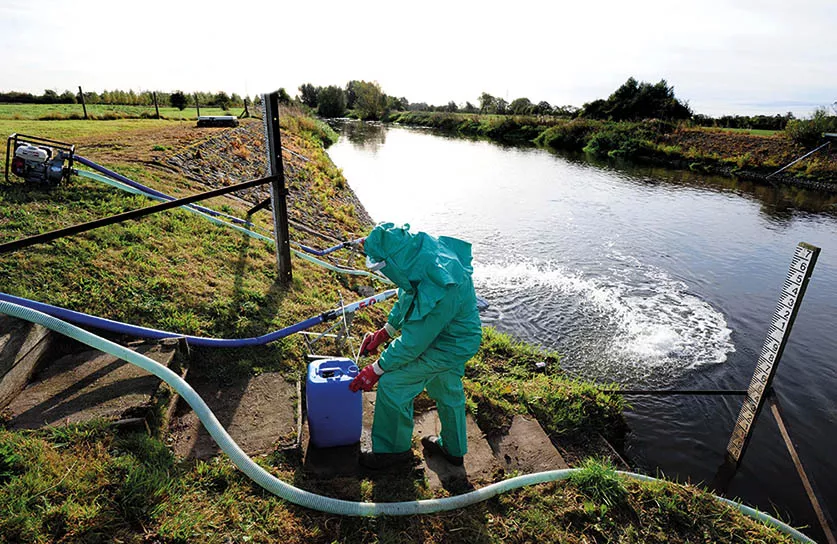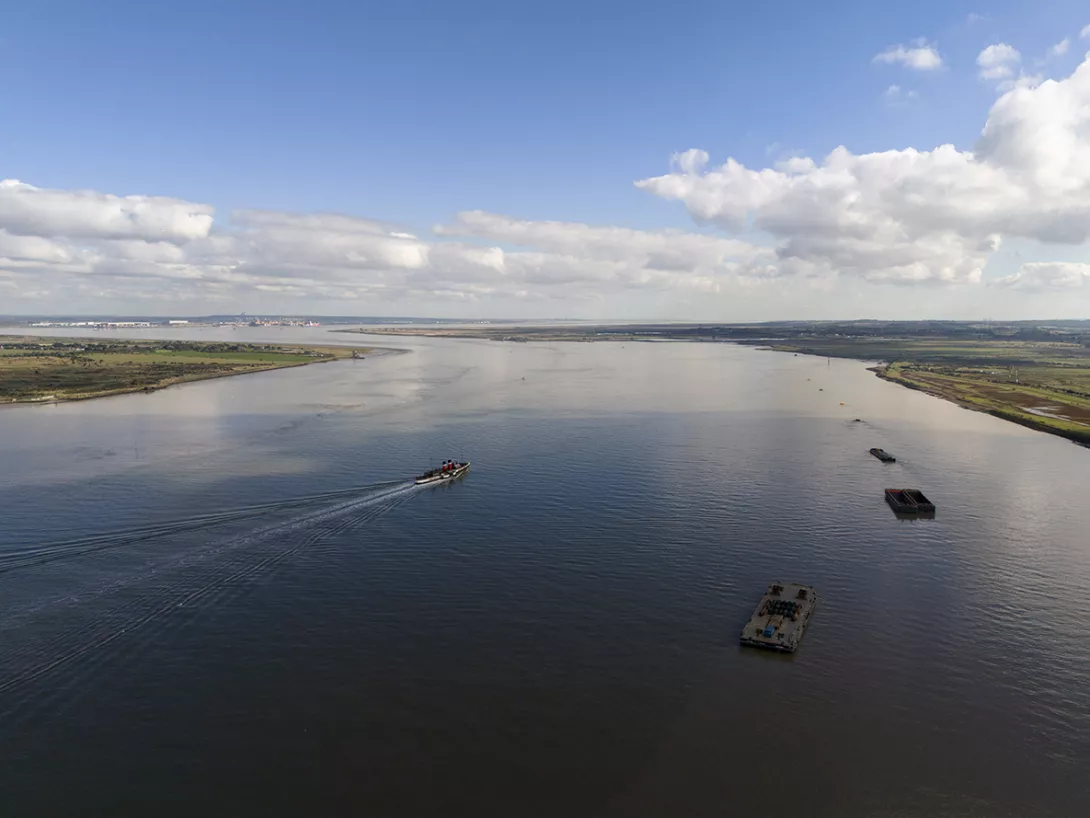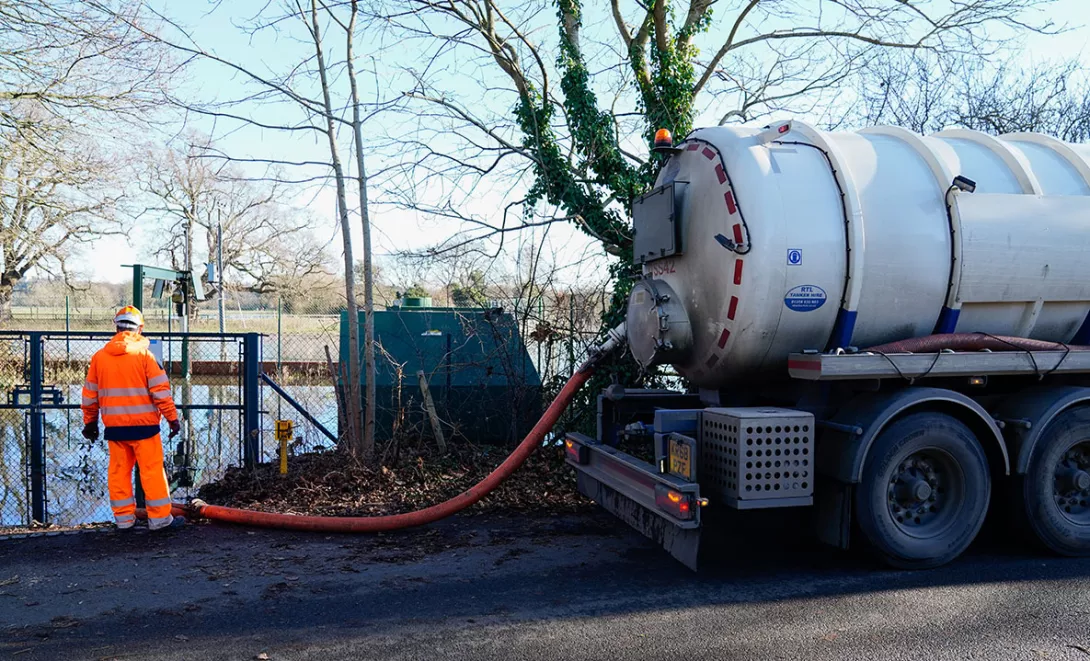
LAST WEEK, the British government announced an independent review of the water industry, a significant step in responding to the country’s escalating water pollution crisis.
The review, seen as a long-overdue response to public outcry, will assess the industry’s structure and performance and could result in banning water companies from making a profit.
However, concerns are growing that the commission, led by a former deputy of the Bank of England, might prioritise economic growth over addressing the environmental crisis caused by the nation’s crumbling water infrastructure.
While stabilising the financial performance of water companies is a priority, many fear this approach will overlook the root causes of the pollution crisis — corporate profiteering, weak regulation, and underinvestment in infrastructure. Without addressing these failures, Britain’s rivers, lakes, and seas are at risk of further degradation.
While the review aims to restore financial health to failing water companies, it must also prioritise the protection of Britain’s waterways. The commission’s emphasis on financial growth has sparked concern that environmental issues could be sidelined in favour of economic interests. Our rivers don’t need economic growth. They need uncompromised environmental protection.
Britain’s water companies, many privately owned, have been criticised for prioritising profits over environmental care. These companies have discharged untreated sewage into rivers, seas and lakes, while ever-higher levels of agricultural runoff have worsened the pollution crisis. Meanwhile, shareholders continue to benefit, with little accountability for the environmental harm caused.
We argue that the commission must propose concrete changes in how these companies are structured, financed, and governed. The Water Commission must propose how to change the ownership structure, financing, and boards of failing water companies to end the sewage scandal of profiteering and pollution.
Across Europe, successful models, from nationalised to not-for-profit and mixed-ownership structures, show how public benefit can take precedence over profit. Britain should learn from these models, combining private, public, and mutualised approaches to ensure water services prioritise environmental protection.
The success of any reform will depend on effective regulation. The current British regulatory framework has allowed water companies to pollute with minimal consequences, as environmental agencies have consistently failed to enforce laws. For meaningful change, the commission must advocate stronger regulations that hold polluters accountable, with tough penalties and greater oversight.
Without robust regulatory reforms, the government’s review will fall short. Regulators have been widely criticised for their inability to enforce existing laws, allowing untreated sewage and harmful pollutants to be discharged without significant penalties. This regulatory weakness has persisted for years due to inadequate resources, political support, and a lack of accountability.
Under the new government of Prime Minister Sir Keir Starmer, there is hope that this can change. His administration, elected in part due to public outrage over the country’s poisoned waterways, must act decisively to overhaul regulatory bodies. These agencies must be fully empowered to enforce laws and make polluters pay.
In addition to regulatory reforms, the government must introduce penalties that deter future violations. Companies like the near-bankrupt Thames Water, notorious for pollution incidents, should face severe repercussions, including being placed under special administration if necessary. Such actions would signal that widespread pollution will no longer be tolerated.
The government’s announcement comes ahead of the March for Clean Water on November 3, where more than 130 leading environmental, nature, and water sports organisations, representing 10.1 million supporters, will gather in London to demand immediate action to stop the pollution of Britain’s waterways.













